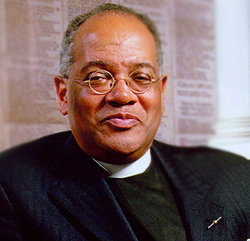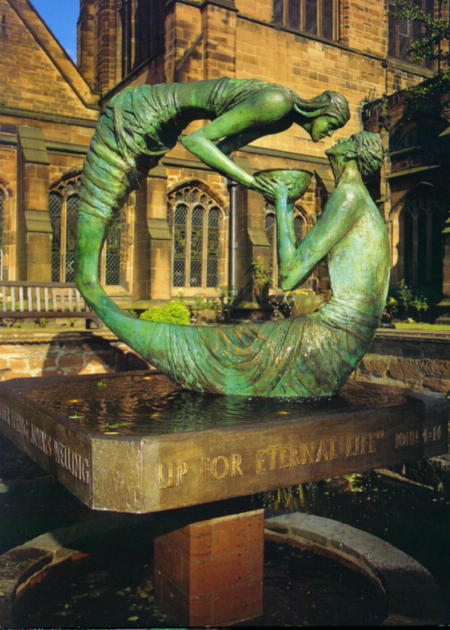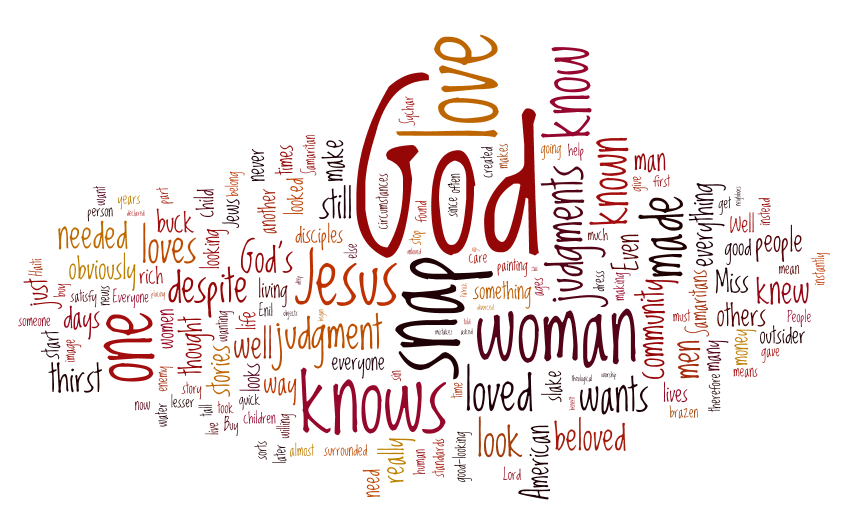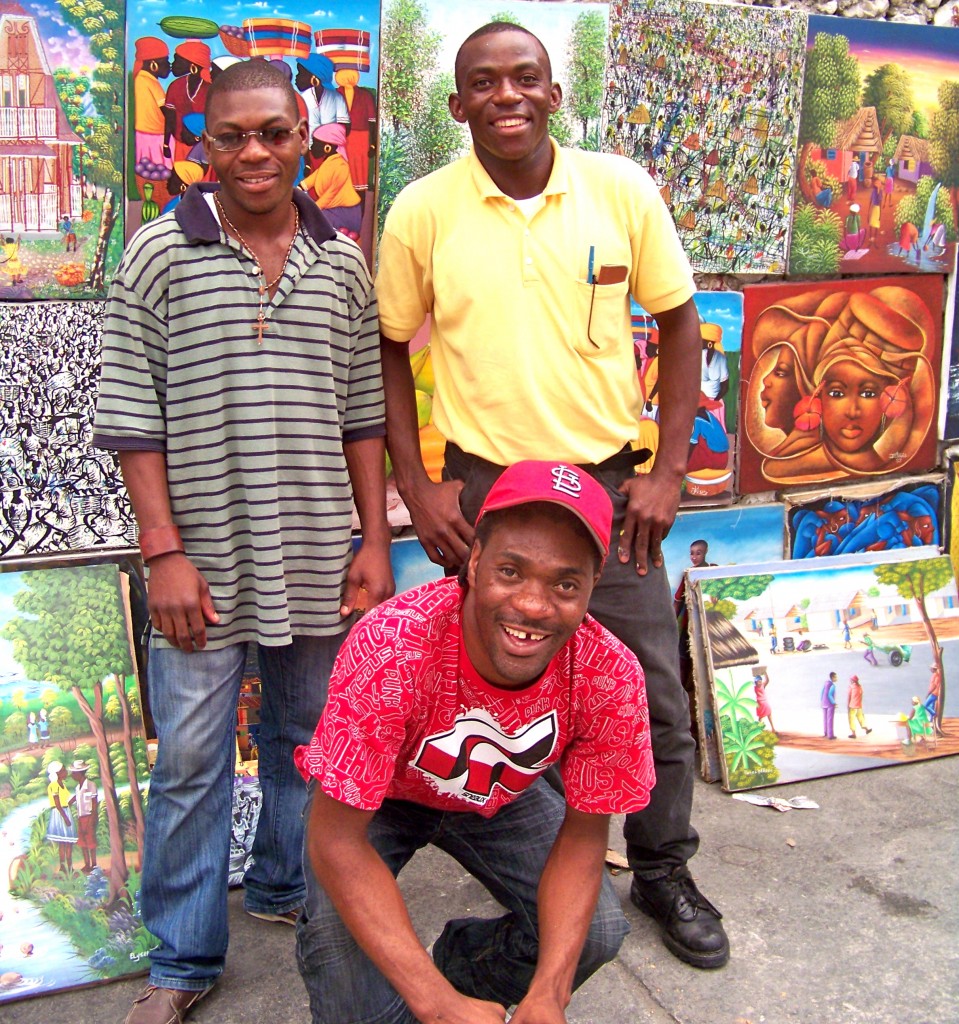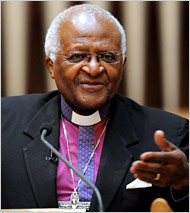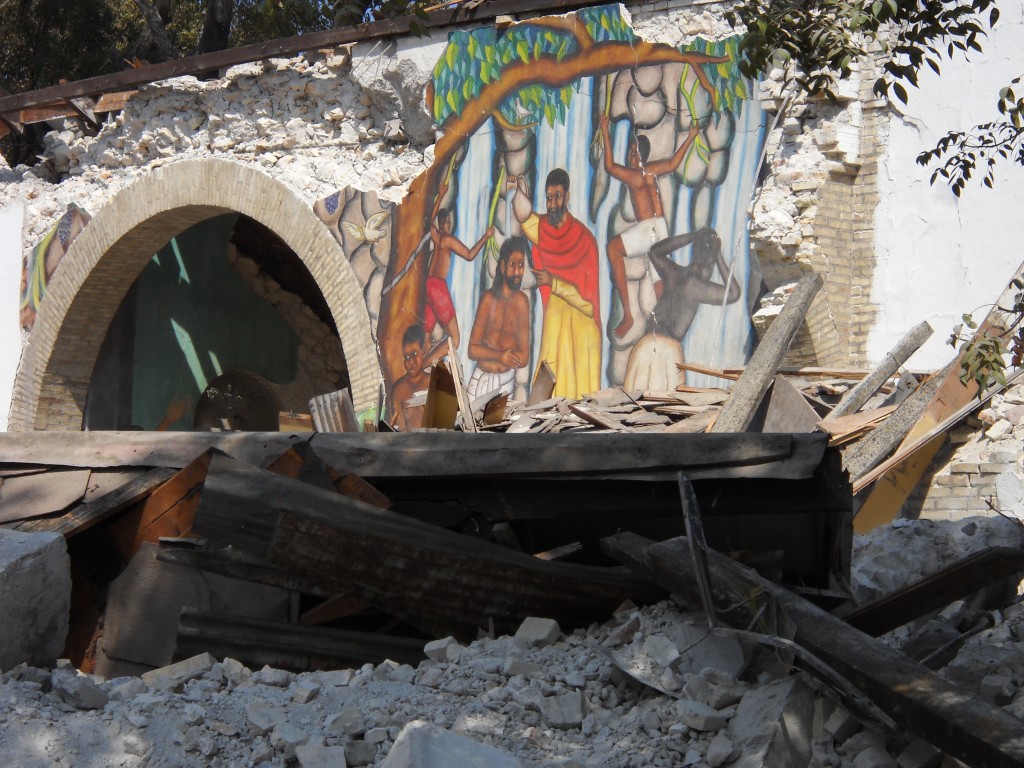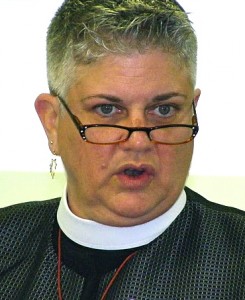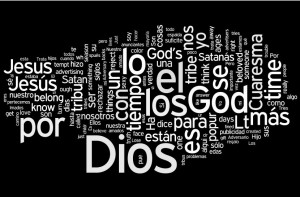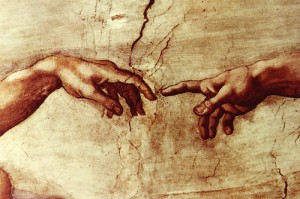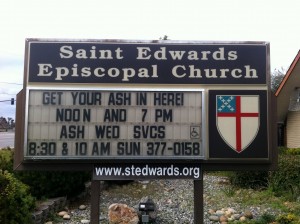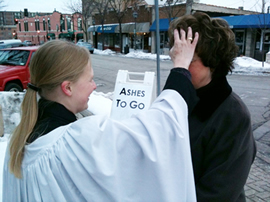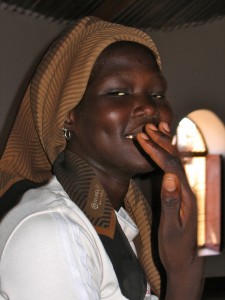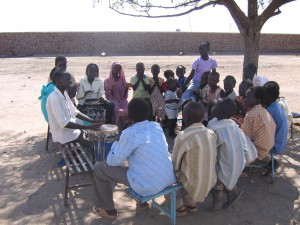My friend and fellow missionary, The Rev. Canon Paul-Gordon Chandler, has written an eloquent piece on Episcopal News Service about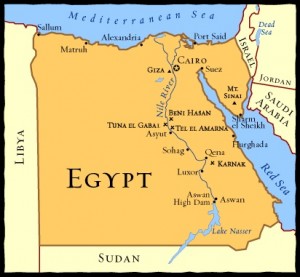 what is going on in Egypt, where he is serves, particularly between the Muslims and Christians. Paul-Gordon, a mission partner with The Episcopal Church, is an author, Episcopal priest and interfaith advocate serving as the rector of St. John the Baptist Church in Cairo.
what is going on in Egypt, where he is serves, particularly between the Muslims and Christians. Paul-Gordon, a mission partner with The Episcopal Church, is an author, Episcopal priest and interfaith advocate serving as the rector of St. John the Baptist Church in Cairo.
Paul-Gordon writes especially of how he is called to help facilitate dialogue and understanding between the two faiths and Egypt struggles to live into its new identity. He speaks, too, of how he helped the United Nations organize a recent meeting of the most influential religious leaders, Muslim and Christian.
The article begins:
Celebrations and challenges: Muslims and Christians look toward the future in Egypt
By Paul-Gordon Chandler, March 28, 2011
[Episcopal News Service] Against the background buzz of the now-familiar sound of army helicopters flying overhead, it is an interesting time to pull aside from all that has recently made this region seem like the “Wild East” to reflect on Egypt’s present situation. On Friday, March 25, we celebrated the two-month anniversary of the beginning of the Egyptian uprising, popularly known as the “25 January Revolution.” We have indeed witnessed history. And it has been a time of profound emotion, full of exhilarating highs and exhausting lows.
In contrast to the protests all over the Middle East, such as in Libya, Bahrain, Tunisia and Yemen, Egypt’s context is unique in that up to 10 percent of its population is Christian, mostly from the historic Coptic Orthodox Church founded by St. Mark. In the heat of the revolution and during its ongoing aftermath, this significant indigenous Christian presence has paradoxically allowed both for opportunities of unity and significant tension. If I had to sum up our recent experiences in the last two months, it would be in two words: celebrations and challenges.
There is so much to celebrate. In addition to the obvious new freedoms that exist due to the overthrow of the oppressive regime, the revolution has brought about a new and profound interfaith spirit among the youth. Time and time again, thousands of young Egyptian Muslims and Christians have taken to the streets together, first to protest the repressive system, and then to celebrate their victory. The scenes are moving, as Egyptians wave flags and carry banners depicting the cross and crescent embracing, with slogans such as “The crescent and the cross are one. We are all Egyptians, Muslim and Christian.” Around the country, Muslim imams address religious harmony and the importance of unity in their Friday sermons. In the now world famous Tahrir Square, Muslims and Christians have prayed together for the unity and safety of Egypt. In essence the Egyptian revolution ended up as a summons to national unity, thereby condemning religious sectarianism. It has been deeply inspirational.
To read the rest of his post, click here.
.jpg)









